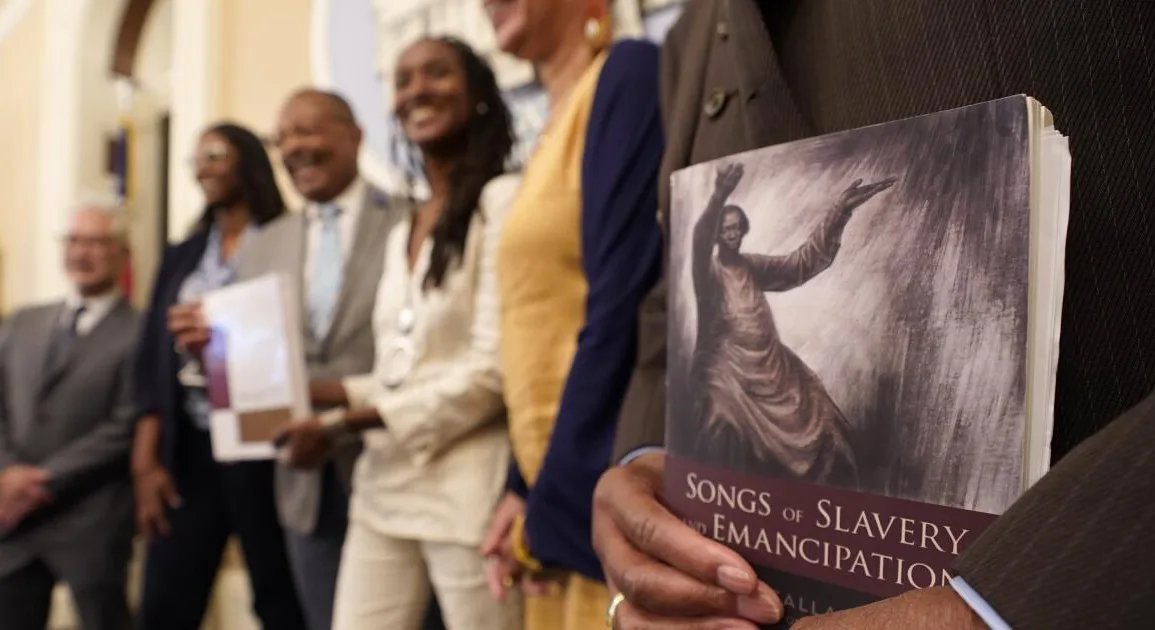To the editor: Richard Malone, a Rancho Cucamonga retiree quoted in your article on Californians’ nuanced views on reparations, is right that the best way to address the legacy of slavery is to tackle poverty in a ground-up way. We need to improve education, career training, law enforcement, nutrition and healthcare in poorer communities.
We celebrate people who rise out of poverty because it is hard. We can and should make it much easier.
This approach has two benefits that reparations do not address. One is that it helps all our neighbors who need help. The second is that it focuses on lifting children out of poverty by helping them grow into healthy, ambitious, career-ready adults.
It’s time we recognize that poverty is very expensive. Poverty breeds crime, drug use, dependence and despair. Huge slices of our taxes go to locking people up and fighting addiction. And we sacrifice huge tax revenue when people are unable to work productively.
Reducing poverty will save us money.
Michael Snare, San Diego
..
To the editor: I hope that our governor would look at reparations for the property that was taken from the roughly 400,000 Mexican Americans who lived in California nearly a century ago.
Starting in 1929, raids targeted persons of Mexican ancestry and indiscriminately characterized these persons as “illegal aliens,” even though they were U.S. citizens or lawful residents. These people were forcibly relocated to Mexico.
In fact, in 2005 the Legislature passed a law saying that the state “apologizes to those individuals … for the fundamental violations of their basic civil liberties and constitutional rights committed during the period of illegal deportation and coerced emigration.”
Yolanda Machado, Sherman Oaks
..
To the editor: “Nuance” — right.
The fact that most Californians want reparations but not the cash kind just shows that most Californians are still for white supremacy. They want to be able to say they did something, but not the one thing that would give Blacks a tangible advantage.
The “nuanced” objections are just craven rationalizations.
Dan Mason, Los Angeles
..
To the editor: The most sophisticated and effective way to pay reparations for slavery is for Californians to study history, law and political science, and get involved in civic activity in favor of justice for all.
However, we object to having to participate in jury duty. We don’t turn out for off-year local elections. Joining civic and fraternal organizations is out of the question. Going to church interferes with football.
Our people are so stingy with community involvement that we won’t even donate blood, and suppliers are pushing the panic button over a shortage.
It seems parents and public schools have done a bad job raising up democracy.
Kimball Shinkoskey, Woods Cross, Utah



